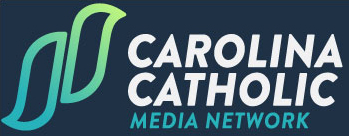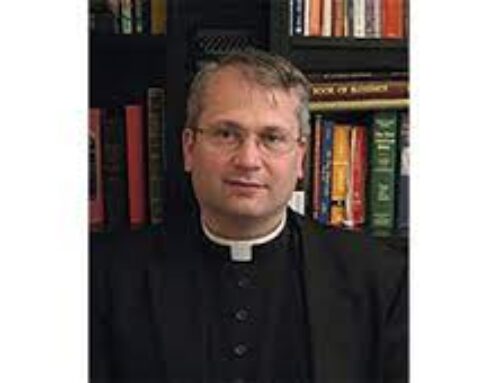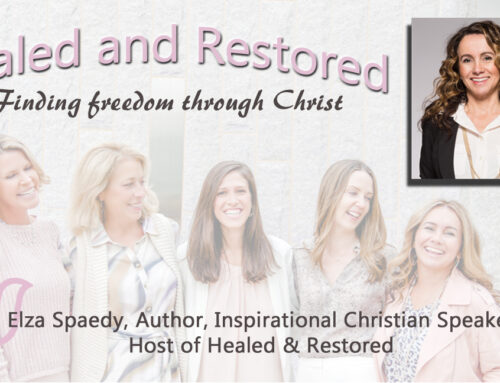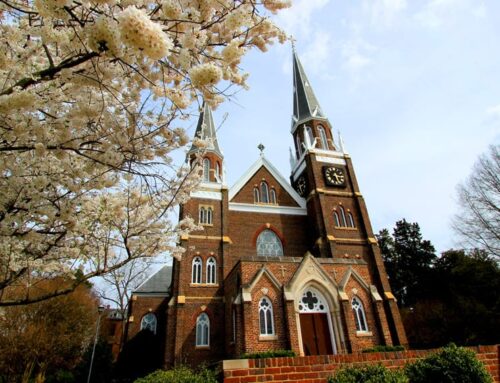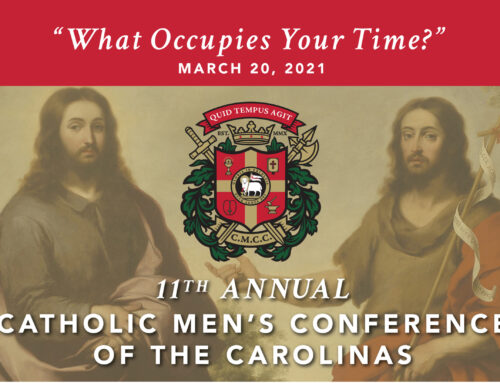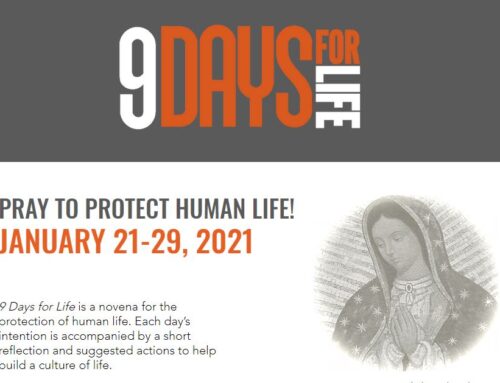CHARLOTTE — North Carolina is ranked 11th in the United States for the number of human trafficking cases reported, according to the National Resource Center for Human Trafficking.
Human trafficking violates the sanctity, dignity and fundamental rights of the human person. The United Nations’ Protocol to Prevent, Suppress and Punish Trafficking in Persons defines it as “the recruitment, transportation, harboring or receipt of persons by means of force, fraud or coercion…for the purpose of exploitation.”
According to the U.S. State Department, human trafficking appears in “many guises,” often taking the form of commercial sexual exploitation, the prostitution of minors, debt bondage and involuntary servitude. The U.S. government, and increasingly the international community, use the umbrella term “trafficking in persons” to define all forms of modern slavery.
Every year, millions of men, women and children fall into the hands of traffickers, and no sector or industry is immune from human trafficking. Victims may be workers in food processing factories, waiters or cooks at restaurants, construction workers, agricultural laborers, fishers, housekeeping staff at hotels, domestic help in private residences, or sex trafficked women and men in brothels, spas and massage parlors.
According to the United Nations’ International Labor Organization’s 2016 “Global Estimates of Modern Slavery,” nearly 40.3 million people are victims of modern slavery, of whom 24.9 million are trapped in forced labor and sexual slavery and 15.4 million are subjected to forced marriage. Through coercion, deceit or force, they work in jobs and situations from which they cannot escape.
“This is a pro-life issue and those who fall prey to traffickers are our children, our brothers and our sisters,” explains Kara Griffin, St. Matthew parishioner and member of the Diocese of Charlotte’s anti-trafficking task force coordinated by Catholic Charities’ Respect Life Program.
Griffin explains that many people are forced into these situations or manipulated because of desperate times. Many who are coerced into trafficking are also vulnerable to other human injustices and become trapped in an endless cycle of poverty, desperation and vulnerability.
Griffin adds, “Many are young people who are vulnerable targets online. They are lonely or feel unloved, and predators know how to provide attention and groom them into activity and behaviors that eventually become criminal acts. The victims feel they are responsible, and this is why this is a difficult crime to address or even identify.”
Victims of prostitution are tricked, drugged and often threatened to engage in acts they never intended to do, she adds. “Many people also fall prey to forced labor conditions in restaurants, clubs, spas, nail salons, construction, agricultural work and more.”
Griffin emphasizes that human trafficking is “a pandemic that’s hiding in plain sight, but that is often ignored even as it reaches and crosses the boundaries of our own communities. Modern-day slavery is one of the fastest growing crimes in America – including labor and sexual exploitation.
“We hope to bring greater awareness to Catholics and open their eyes to this heinous crime.”
— SueAnn Howell, Senior reporter. The USCCB, Federal Bureau of Investigation and the Coalition of Catholic Organizations Against Human Trafficking contributed.
Join the virtual event Feb. 8
On Feb. 8, the International Day of Prayer and Awareness of Human Trafficking, Catholic Charities Diocese of Charlotte’s Respect Life Office is partnering with the Catholic Coalition of Organizations Against Human Trafficking to host an international virtual prayer service and panel of experts. Auxiliary Bishop Mario Dorsonville of Washington will open the service with a prayer and reflection. To join this virtual event, register here: www.humantraffickingacademy.org/event/day-of-prayer.


